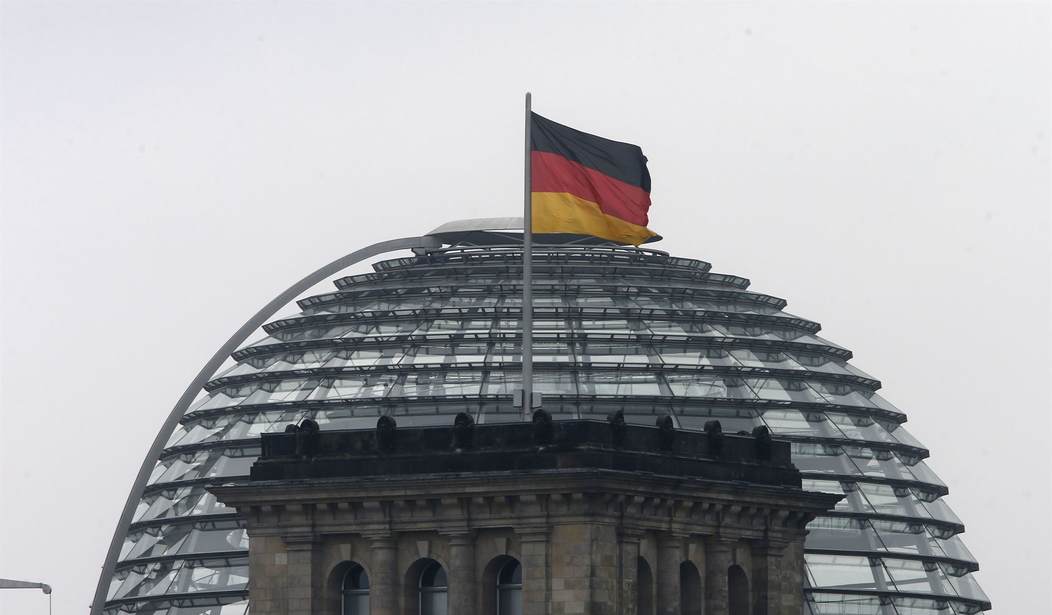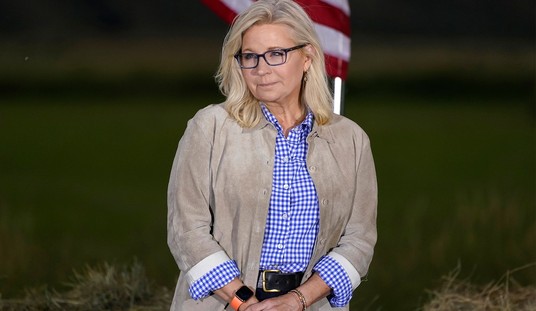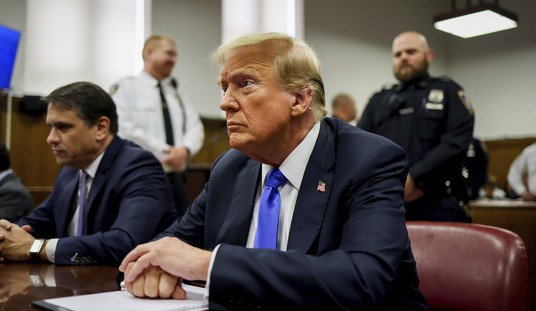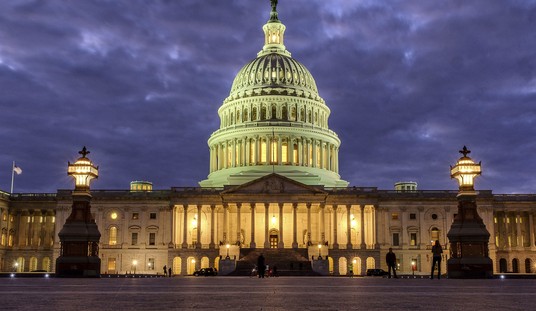Woke world leaders have certainly found themselves in dire straits lately. As Madeline covered, Canada's Finance Minister Chrystia Freeland resigned on Monday over disagreement with Prime Minister Justin Trudeau on tariffs, and Trudeau himself may be next. While the tariffs are making major news out of Canada, as well as Mexico, our neighbors to the north aren't the only ones watching on the international stage.
Also on Monday, the same day that Freeland resigned, German Chancellor Olaf Scholz lost a vote of confidence. As a result, the parliament has been dissolved and early elections for February have been triggered.
From the subheadline about how "Polls suggest that a February election will result in a rightward shift, at a moment when Europe’s largest economy is faltering," to the actual text of the article, reporting from The Washington Post comes off as sounding rather alarmed.
As the piece early on laments:
BERLIN — German Chancellor Olaf Scholz lost a vote of confidence on Monday, triggering the dissolution of parliament and rare early elections at a moment when Europe’s largest economy is faltering.
The parliamentary elections will take place on Feb. 23, seven months earlier than the standard schedule. The latest opinion polls suggest a rightward shift in the results — and a next chancellor who would cut welfare benefits, take a harder line on migration policy and lift restrictions on weapons use by Ukraine.
Given the uncertain times, wider Europe is also looking for a leader, but experts question whether any German contender is up to the job.
...
But on the whole, Scholz has been a cautious leader. He has been unable to establish anything near the stature of his predecessor, longtime chancellor Angela Merkel.
...
Ultimately, Scholz’s position was imperiled by a fracturing of his governing coalition and fights over economic and financial policy. This will be the fourth time in the past 50 years that Germany has held early elections. Scholz and his cabinet will remain in office until parliament elects a new chancellor.
Others have had much more hopeful reactions, including the EU-US Forum, which weighed in with a statement for Townhall from EU-US Founding Board Member Matt Mowers.
Recommended
"Scholz’s left-wing agenda have severely harmed Germany, tanking its economy and making it a welcome mat for illegal immigrants. It is no surprise that his Socialist Party was ousted from power and that Germans want new leadership," Mowers said. "We are hopeful Scholz’s failures will be a wakeup call to Germany ruling class that conservative principles should guide their new way forward."
The group also posted to X about the no confidence vote, mocking Scholz for going woke.
In late May, leading up to the European parliamentary elections that took place less than two weeks later, the EU-US Forum also released polling out of several European countries, including Germany, highlighting how citizens are "yearning for changes."
"In summation, the surveys fielded earlier this month make clear that EU citizens are yearning for changes in their governments and the policies they pursue. There is a strong negative sentiment towards the direction the EU is headed and the leadership in various countries. This phenomenon is driving the uptick in support conservative parties saw in each of our surveys," the conclusion of a memo about such polling mentioned in part, also noting the "data suggests a vast conservative shift is well under way in some of the largest countries in the European Union."
The group had been running a $750,000 ad campaign across Europe leading up to the June elections with ads in Hungary, the Netherlands, Germany, and Italy. Scholz's party finished second behind Alternative for Germany in that election.
Sure enough, there looks to be more rightwing control of Germany following the February 23 elections. Scholz leads the Social Democratic Party (SPD).
As the piece also explains:
Scholz has been confirmed to lead his Social Democratic Party (SPD) in the upcoming campaign, giving him a shot at returning as the leader of the next government. But polls put conservative candidate Friedrich Merz, who once headed the German arm of U.S. investor BlackRock, in a prime position to become the fifth German chancellor since reunification.
Merz’s conservative Christian Democratic Union (CDU) and its Bavarian sister party, the Christian Social Union (CSU), are poised for the strongest finish, with 32 percent of the vote, according to the latest polls. The two parties, collectively known as the Union, dominated German governments throughout Merkel’s era — though Merz has pulled them further to the right.
The far-right Alternative for Germany (AfD) is polling second, with 18 percent, and could win a record share of the vote at the federal level. But there is no meaningful chance of the party’s chancellor candidate, Alice Weidel, leading a government coalition, as other parties have ruled out working with the far right.
The most likely outcome appears to be a conservative-led grand coalition between the CDU/CSU and the SPD, with some potential for a coalition between the conservatives and Greens. The election could be followed by weeks or months of further uncertainty, as party leaders hammer out a deal.
The Washington Post doesn't mention voters based on age, but back in June, the EU-US Forum highlighted how young voters helped elected more rightwing politicians.
Canada and Mexico aren't the only nations getting ready for tariffs under a second Trump term. The president-elect also announced tariffs against China that same day last month, as he has continued to tease Trudeau by calling him "governor" and quipping that Canada should be annexed and become the 51st state.
The Washington Post also notes how Germany could be affected by tariffs as well. "Meanwhile, Germany is bracing for President-elect Donald Trump to make good on tariff threats — potentially touching off a trade war. Officials in Berlin say they have been pleasantly surprised by initial communication with the returning president. But Germany has been a frequent target of Trump. The German Economic Institute calculates that a U.S.-E.U. trade war could dent Germany’s gross domestic product by $134 billion by the end of Trump’s time in office," the report mentioned.
























